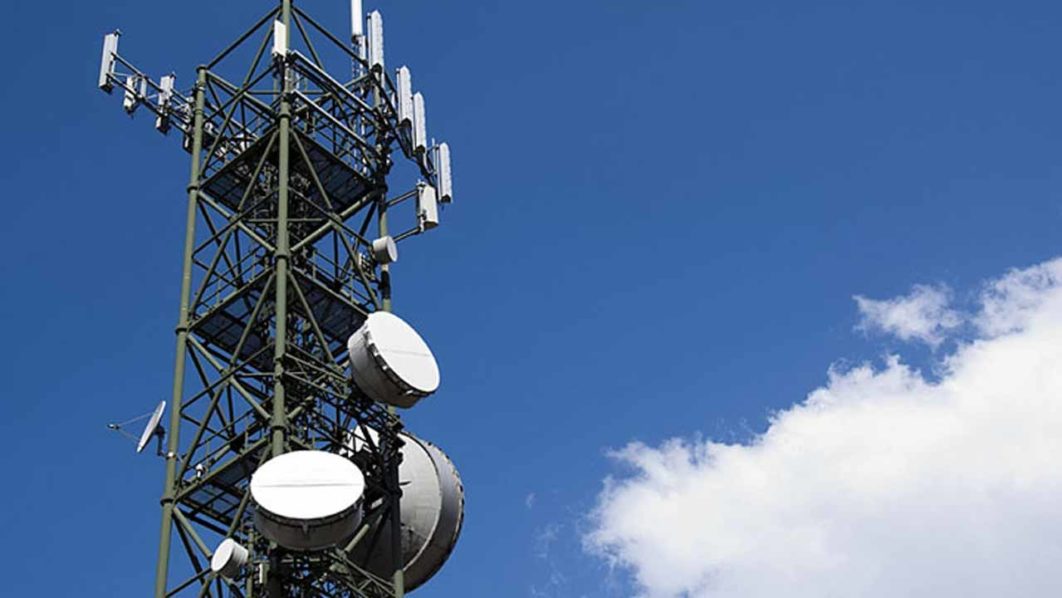Association of telecom subscribers have expressed dissatisfaction at the insistence of the Federal Government to impose excise duty on telecommunications services.
As such, the users, under the aegis of National Association of Telecoms Subscribers of Nigeria (NATCOMS), said they would be going to court in the first week of 2023 to challenge the plan.
President of NATCOMS, Deolu Ogunbanjo, who spoke with The Guardian, yesterday, confirmed this. He stressed that the matter had been put on hold before the Federal Government came up to reactivate the plan to impose the tax on consumers.
Ogunbajo said there are other areas where the Federal Government could make money, outside the telecoms sector.
“They want to kill the sector that is already over burdened with various forms of taxes, close to 40 of them. We will not allow this to stand. We are going to court in the first week of 2023.”
Indeed, news filtered in last week that the Federal Government was reconsidering imposing excise duty on telecoms services after it was suspended. The plan would compel operators to adjust the rates of calls and data upward.
This information was inferred from the invitation to a public hearing and submission of memoranda on the 2022 Finance Bill sent out by the House of Representatives Committee on Finance.
It indicated that suspended excise duty on telecoms services might feature again in the 2022 Finance Bill, which is currently before the National Assembly.
The document did not specify the rate at which the excise duty would be charged. The committee said it was conducting a public hearing on the 2022 Finance Bill and that one of the items on the agenda was discussion of telecoms as one of the goods liable to excise duty.
Part of the document reads: “Telecommunication services provided in Nigeria shall be charged with duties of excise at the rates specified under the duty column in the Schedule as the President may by Order prescribe pursuant to section 13 of this Act.”
It added all telecommunication services in Nigeria shall be charged with duties of excise at “the rates specified under the duty column in the schedule as the President may by order prescribe pursuant to section 13 of this Act.”
According to the bill, the amendment was necessary to expand the scope of duties beyond the telecoms sector to avoid an undue focus on levying duties on this sector, adding that would remove the limitation of the scope of services that may be subject to excise duty.
The document further stated that the need to increase revenue generation/tax administration was the reason for the proposed excise duty on telecoms services.
Recalled that in July, the Federal Government announced plans to implement a five per cent excise duty on telecoms services. The Minister of Finance Budget and National Planning, Zainab Ahmed, announced this at a forum organised by the Nigerian Communications Commission. According to her, the excise duty was in the 2020 Finance Act, but had not been implemented.
Ahmed, who spoke through the Assistant Chief Officer of the ministry, Frank Oshanipin, said: “Payments are to be made on a monthly basis, on or before the 21st of every month.
“The duty rate was not captured in the Act, because it is the responsibility of the president to fix rates on excise duties and he has fixed five per cent for telecommunication services, which include GSM. It is public knowledge that our revenue cannot run our financial obligations, so we are to shift our attention to non-oil revenue.”
This had created tension in the industry with the Minister of Communications and Digital Economy, Prof. Isah Pantami kicked against the implementation of excise duty on the telecoms sector. According to him, the tax would impact the sector and consumers negatively.
“The Ministry of Communications and Digital Economy is not satisfied with any effort to introduce excise duty on telecommunication services.
“Firstly, I have not been consulted officially and part of the rulemaking is to invite stakeholders to make contributions. I was not consulted officially. Secondly, if we have been contacted, we would have challenged the submission.”

